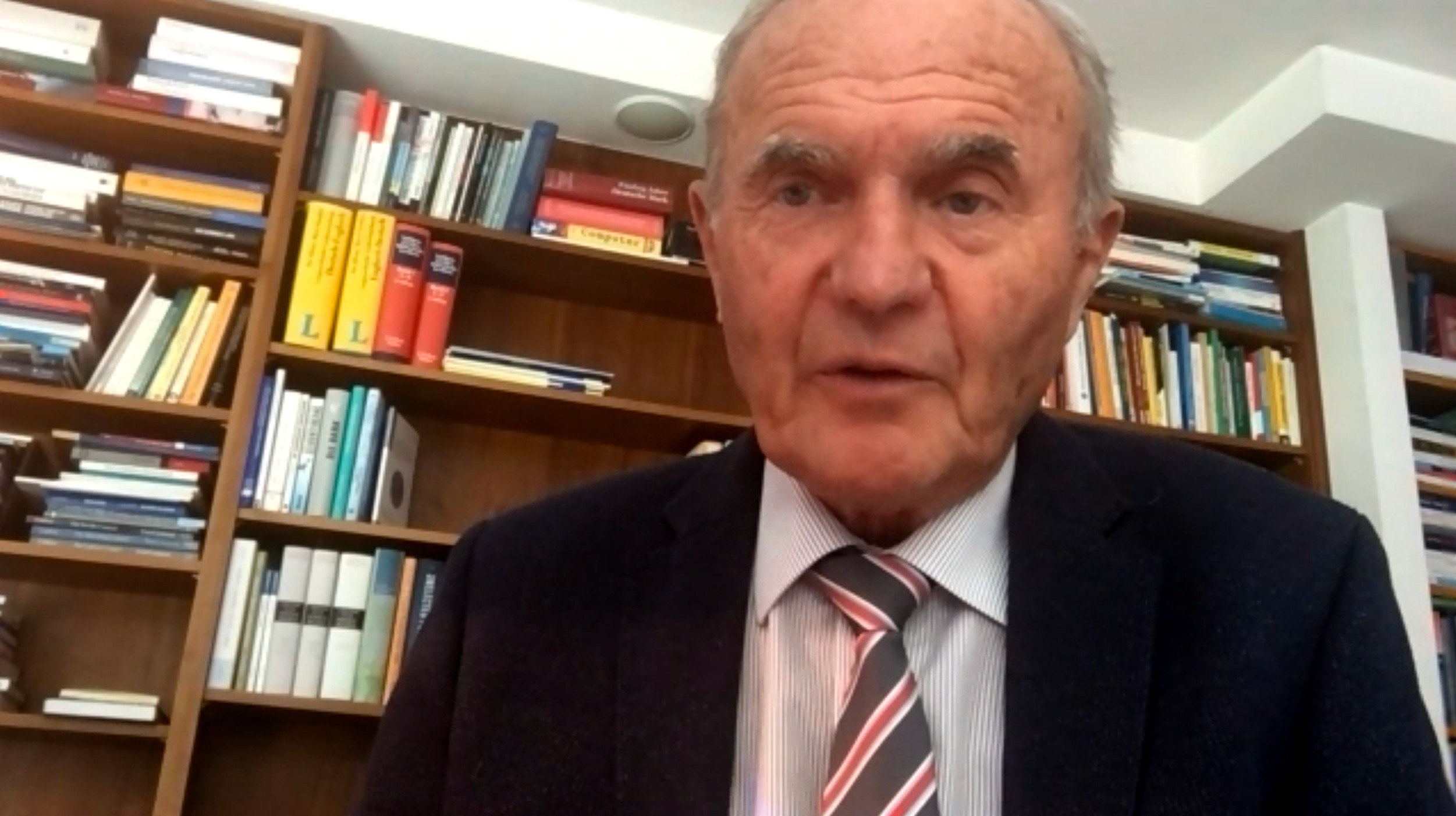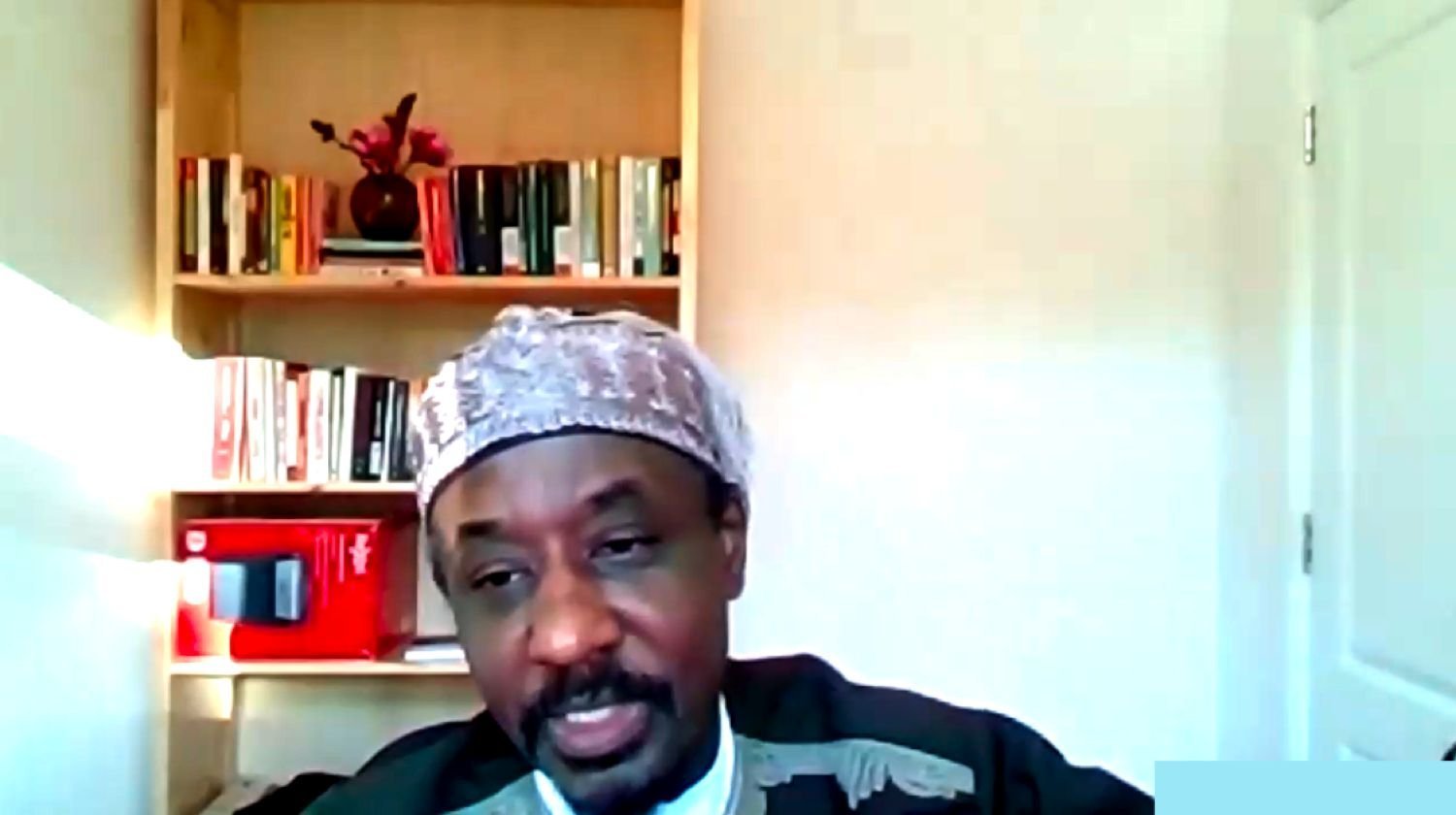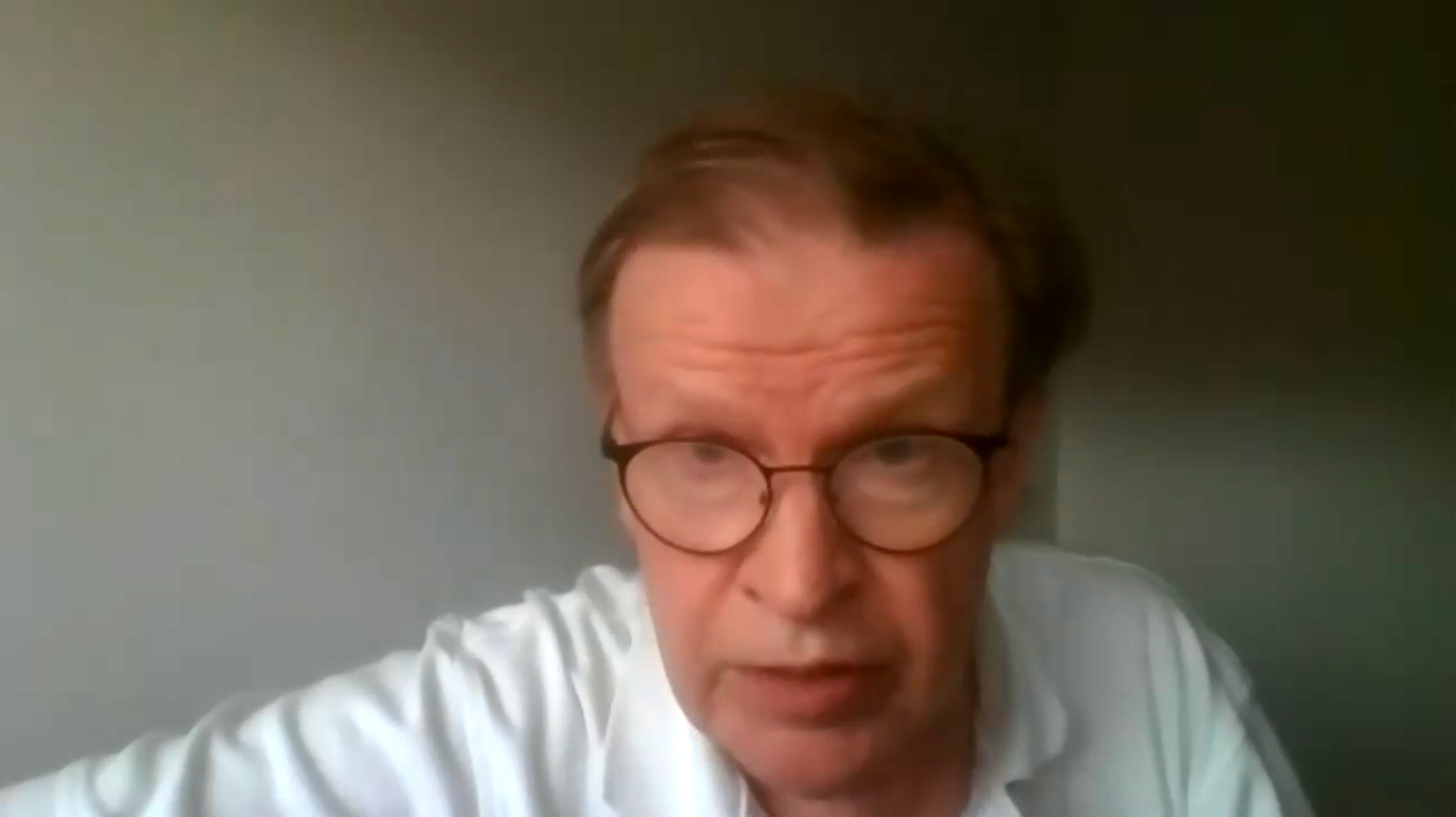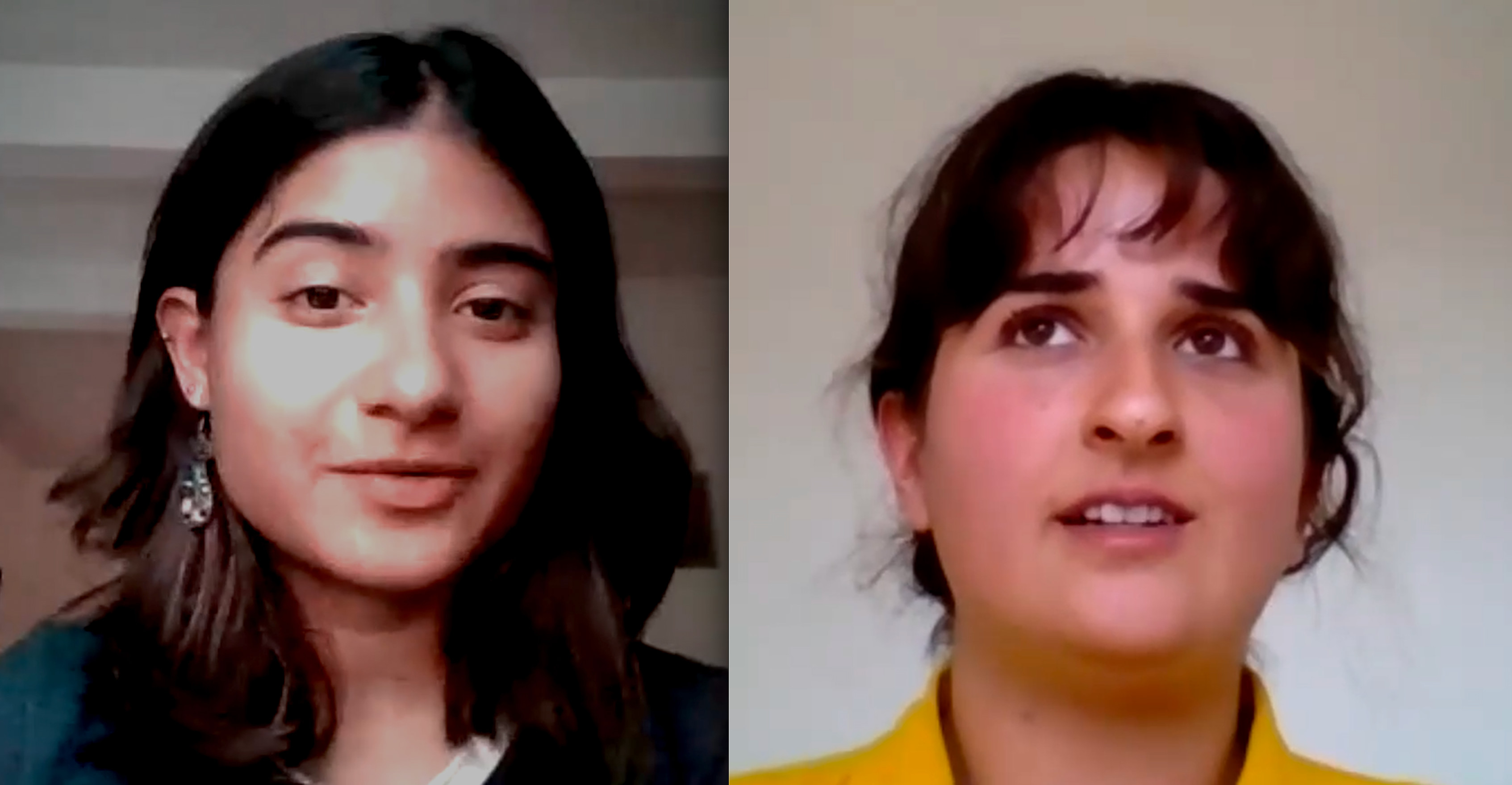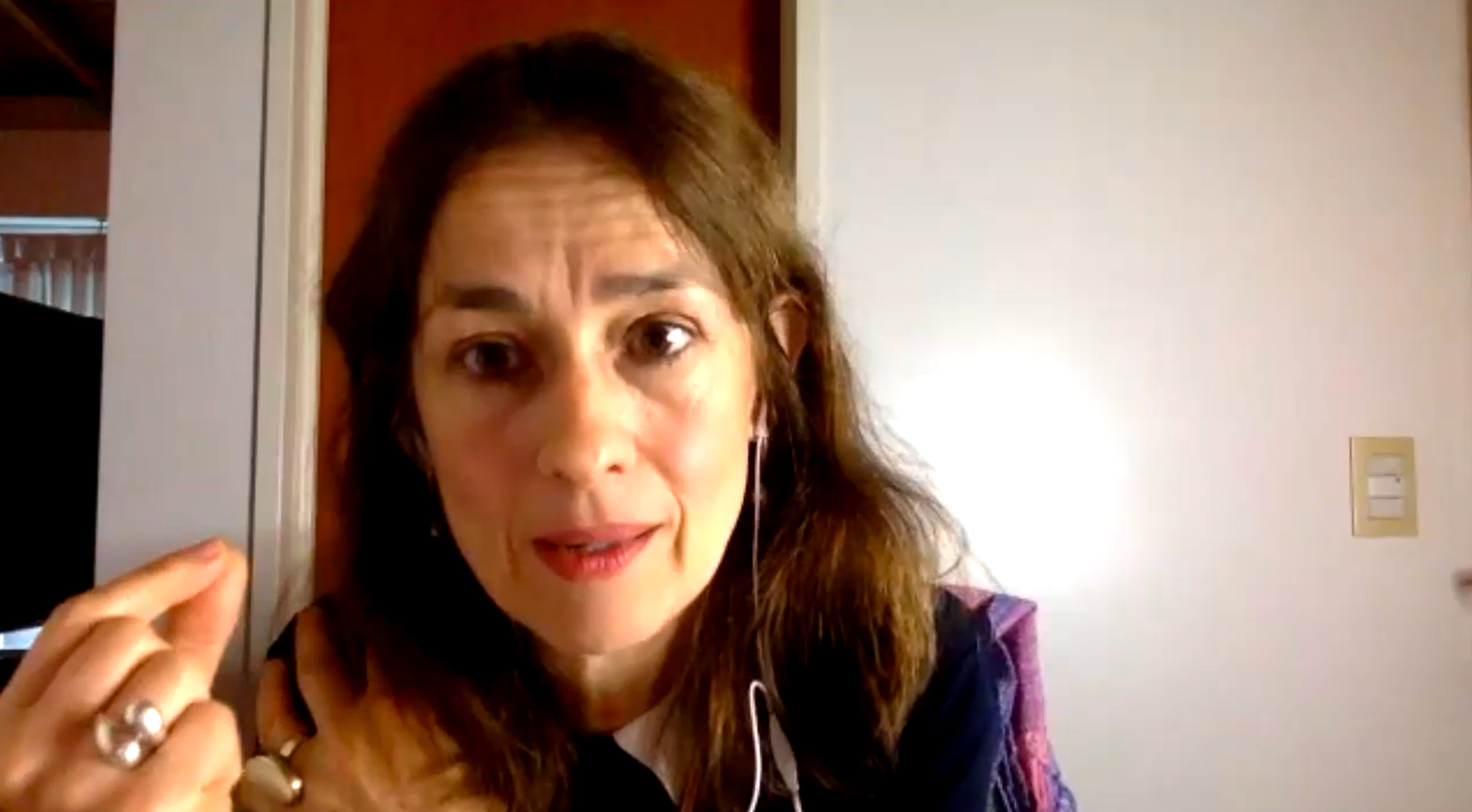Angus Armstrong
British. Economist, Director of Rebuilding Macroeconomics, Senior Fellow and Professor
1. Why does economics matter?
Thank you, and it’s great to be invited. Thank you very much indeed. Economics matters because it’s a critical part of our social system. So let’s just take a step back and say, what what do you mean by social system? It’s how we as human beings order our society, so that can cover our belief system, what we believe in, our morals, our values and so on our, political system.
And part of that system, of course, is our economic system, which we think of as the part of the system to do with the exchange of goods and services. So it’s an absolutely intrinsic and vital part of the social system. And the reason why it’s important is because that has allowed us to generate an extraordinary amount of prosperity in many countries, but also it’s very closely tied to the developments that we see in the other spheres of that system. In other words, it is very closely tied to the political sphere, but also the belief sphere and so on and so forth.
So it’s a critical part of the overall social system. When it works well, it works extremely well. When it goes badly wrong, I’m afraid it has quite severe consequences. I think that the obvious example is climate change and biodiversity: we’ve seen many reports suggesting that it is, in fact, the arrangement of our economic system which is causing so much damage not only to the environment, which we are hopefully all very well aware of, but also the biosystem, but also the other parts of the social system.
So when we think about the Treaty of Versailles and what Keynes wrote about economic consequences of peace and what happened afterwards, it’s hard to see that that had nothing to do with the way that the economy in Germany, the direction it took, of course leads to huge social and sometimes very tragic consequences. What we saw on the 6th of January in the United States was an extraordinary event, and it’s hard to see how those sort of protests or uprisings or whatever you like to call them are divorced from what’s going on in the economic system.
So it really is important. But my key point is that it’s part of our wider social system. And when we divorce the two, that’s I think when we get into trouble.
2. What are the differences between economic science (academic economics) and economic engineering (policymaking)?
I think the answer to that question is easy and in one word, it is uncertainty.
Policymakers have to take the world as it is, and a simple fact of life is that fundamental uncertainty is everywhere. And so policy has to take place in that world. And if you think about how people formulate policy decisions, it’s usually a pretty poorly framed question. They haven’t had a decade to puzzle over it and to weed out and think about the right way to put it. So it’s a badly framed question. It has to deal with a fundamentally uncertain world where we’re not quite sure, the data is contested, the models we’ve got to use a contested, and usually have limited resources and not much time to come up with an answer. That’s policymaking.
In theory terms, well, we’ve kind of abstracted from some of those difficulties. We build models which are representations - they’re partial representations - of reality and they sidestep some parts. And in my view, the crucial part that they have sidestepped is the uncertainty. We’ve taken it away and made it risk. Now, the problem with doing that is while it makes the mathematics all nice and simple, it has this difficulty that you put a gap between the models and reality when you start excluding the uncertainty, and uncertainty doesn’t disappear from the real world just because you don’t put it in your models.
It just makes your models less applicable to the real world because they don’t take this into account. So I think there’s a very real difference. Another way to look at this, which I think is quite a fun way, there used to be in discussions about science and philosophy of science, a profound difference between what is a theory and what is a model. And I think it was Goethe who said that theories are the ultimate non-metaphor - they have to take the world as it is and try to explain it.
So theories on things like Adam Smith’s theory, Karl Marx, these are big ideas about how the world really is. And then models are just little windows on this, they’re partial representations, they’re abstractions, they’re incomplete.
And so the very essence of science should be to challenge those models and not to sort of defend them to the last. That should be the essence of science. And that is really where academic economics is, in looking at models. There’s no attempt to denigrate that at all. It’s a great thing to do. But we should be much more challenging all about different models. But theory is a much deeper side and policymaking has to deal with the world as it really is.
And the closer we can make the models try to take the world as it is, the more constructive I think they’ll be for policymakers. In my view, the biggest thing to try and incorporate is: how do we take on board fundamental uncertainty so it’s much more relevant than I think it is today.
3. What role does economics play in society? Does it serve the common good?
Economics is just a tool, and it’s the economists who use that tool to play the critical role in society.
And so I think that economics is a body of knowledge is very large. There are surely areas that it will continue to advance, that’s the nature of science. But it’s economists who use those tools which make the difference for society. In my view, the good of society comes back to this question of how economics fits into the rest of the social system. It isn’t helpful to deal with economics as divorced from the social system. It isn’t helpful to think that we might one day be following a set of policy rules which are Pareto optimal. That doesn’t tell us anything about distribution or anything about values in our society. We have to realise that economics is to serve society, not the other way around. And so it’s a tool, but again we have to think about the wider context to make economics serve our needs as a community rather than try to make the community fit into our economic model.
4. Economics provides answers to problems related to markets, efficiency, profits, consumption and economic growth. Does economics do a good job in addressing the other issues people care about: climate change and the wider environment, the role of technology in society, issues of race and class, pandemics, etc.?
No, it does not do a good job of that, that’s quite simple. I think the reason why it doesn’t do a good job of that is because we put the cart before the horse. What do I mean by that? I think in Lionel Robbin’s famous definition of economics about being about fixed ends, which he meant preferences, by the way, and scarce resources with alternative uses, he basically made it about allocation. That’s about how to use these scarce resources as efficiently as possible to fulfil those ends.
OK, that’s an allocation question. The questions you raise about growth, about equity, fairness, climate change, very different type of questions. They’re not just about the allocation of scarce resources and efficiency. There’s more that we have to consider in trying to answer those questions. So I would have thought that someone like Alfred Marshall is a much better place to start. Now, I’m aware that Marshall has something of a mixed reputation these days. He certainly was the father of Classical economics in England at the turn of the last century, but he also was very keen to look at economics from the point of view of mankind. And that’s not an agendized term. But he pointed out very clearly, this is not man as you would like him to be, but man as he is. And that, I think, is very important. It gets us back to the question of, well, what are we? We’re not just all about allocative efficiency. There are other questions we care about.
We care about fairness. We care about climate change. We care about the next generation. We have a whole set of beliefs about what we think is reasonable. And I think that’s what Marshall was hinting at. He probably didn’t go as far as people would like to achieve that, but he did talk a lot about organisations as a way of using knowledge and about inventiveness. And it’s really the inventiveness that has given us this last three hundred years of extraordinary rise in prosperity.
But we have to take that inventiveness and think about how we use our ingenuity and resources as real human beings, rather than just make it all about allocation of some scarce resources. Because creativity, it’s not obvious that it is a scarce resource. It’s not obvious there is a limit to this. And that’s why I think we kind of, in some ways, have given ourselves a pretty limited question to answer when you start discussing those bigger questions of climate change and inequality, gender and so on.
5. As we live in an age of economics and economists – in which economic developments feature prominently in our lives and economists have major influence over a wide range of policy and people – should economists be held accountable for their advice?
Accountable is a difficult word there because we again deal with a world of fundamental uncertainty, and so I think it’s difficult to be accountable like a government adviser or an accountant or professional where you’re dealing with something where the models are less contested. We have certain procedures. For example, in accounting there are regulations, there’s ways of going about things and ways that you’re supposed to approach accounting things and the ways of checking them. In economics, because of uncertainty, it’s a lot more difficult to do that. And so we have to be careful about what we mean by accountable.
I do think that the economics profession could do with thinking about ethics standards. So, for example, we know the advice that economists can give to ministers. We also know about how some of the publications work, how some of the grants are awarded. I think there are some interesting questions to ask here. If we were to have that sort of ethics committee, which I think would be an excellent idea, I think frankly all professions should have it. This is not an economics issue, I think all professions, the Medical Research Council and medicine, has its own ethics committee. I think economics can also do that.
What would be the difficulty here is who and how, and in economics we tend to seem to fall back to the usual people and I’m not sure that’s the right way to do it. I think we need to have a broad range of representation from different genders, different backgrounds, that will be the way to have a degree of accountability. But I think it’s accountability in terms of ethics of the discipline, rather than in terms of the advice, trying to say you have to be accountable and if you get that wrong, then it’s terrible. I don’t think that’s the case at all.
We’re dealing with a world of contested data and contested models. Of course we’re going to get things wrong. That’s part of the nature. And that shouldn’t inhibit people from being part of the debate. So I think we should encourage people to think, we should encourage debate, we shouldn’t have to have one point of view, but we should make sure that we are transparent where interests lie.
And I think that an ethics committee would serve the industry, or the discipline, I should say, as it does other disciplines very well.
6. Does economics explain Capitalism? How would you define Capitalism?
I think modern economics does not explain capitalism because you put the emphasis on the word explain there. And to explain capitalism, you have to explain the main catalyst or driver behind that, and that’s about innovation. It’s our ability to recreate. The capitalism we’ve seen, say, in the United Kingdom for the last 250-300 years has led to extraordinary wealth through innovation. And yet, it’s really taken outside of our model modern economic models. And so in order to really explain capitalism, we have to have a way of taking human beings as they are, who are these remarkably resourceful and innovative people.
Now you can only be resourceful and innovative, because that means taking on risks, if the part of the broader social system allows you to take those risk, if it supports risk-taking. That’s why we again come back to economics being part of the wider social system. So if you want to have an economic system which supports innovation, you have to think about the social system, which creates institutions which allow people to specialise and to take the sort of risks which anybody who inventing will take risks.
That’s the very nature of it, because it hasn’t been done before. It’s creating something which is not, we haven’t seen before. And that in itself is risky. So we have to make that at the heart of this. It means that rather than starting again going back to Robbins from a point of equilibrium and saying what sort of behaviour is consistent with that, it’d be better to start off with saying, well, the matter of fact is we live in a world of fundamental uncertainty.
Human beings are incredibly resourceful. They get together, and what is exceptional about human beings is we can work together in groups and we can create our own codes of behaviour to achieve the outcomes we want to do. That is what makes humans different from other animals, and that’s why we’re so inventive. But we can only do that if we start off from recognising the fundamental framework is one of uncertainty. And we are not just simple vending machines in that world.
We are people who can invent things and creating that sort of more creative and constructive framework, I think could lead to a lot more outcomes which try to answer this question about innovation in a much more productive way than we currently do. So the short answer that question is I don’t think the current economics does really explain the deep part of that, which is the inventiveness.
In terms of what is capitalism, well capitalism is part of our wider social system. It’s very closely tied to other parts, I mentioned the political system, political system’s about power. And obviously before we had capitalism, we had feudalism where we had sort of absolute power over people, they were tied to the land. Today, it’s different. And part of this innovation is that people are allowed to take their rewards, they’re allowed to have their machines, they’re allowed to invest and own in these things. And I, for one, am a supporter of this. I think it’s an extraordinary, productive and valuable system, but it only works when the other parts of the social system - the political system in particular, but perhaps also the legal system - support this.
And so capitalism, I think, has to be seen in a much broader way than pure economics. It’s much more about the wider social system that supports what you’ve termed capitalism.
7. No human system to date has so far been able to endure indefinitely - not ancient Egypt or Rome, not Feudal China or Europe, not the USSR. What about global Capitalism: can it survive in its current form?
In its current form, I think the answer to that is no, but that’s not to suggest that I want to get rid of capitalism, because I said I think it runs very closely to this idea of people owning some of the means of production that is closely tied to the idea of liberty.
We saw in the Revolution and the Enlightenment other artists writing at the same time as Smith, for the first time for almost two millennia, people began to be free again. And this unleashes the human ingenuity. It can go too far, though. We can also lead to this question that you’ve raised is, is this sustainable? And I think at the moment, having some people harvesting such a large share of the resources and returns, I don’t think that’s consistent.
And one of the interesting aspects of this is the digital technology revolution. You know, the Jeff Bezos’ of the world, what have they done? They’ve actually allowed us to get our books a day earlier than before. It’s hardly the most Earth-shattering invention. They haven’t cured cancer, and yet he becomes the richest man in the world. And that’s possible because of digital technology. Digital technology may mean that resources, first of all, can be much greater because it be replicated almost without cost.
And these enormous resources accumulate to a very small number of people. That is not going to be sustainable. It is not going to be something which allows people to have this sort of liberty that I mentioned in the beginning, which is going to require an education - and not a fixed education, it’s going to require a different type of education. So I think capitalism, I hope capitalism has a very vibrant future, but I don’t think it’s necessarily in this direction. I think we have to think about development of education and young people. It has to be much more ethical and much fairer if it’s going to survive.
8. Is Capitalism, or whatever we should call the current system, the best one to serve the needs of humanity, or can we imagine another one?
Humanity comes back to the issue of social system, and I think that capitalism, again, is one part of that and we have to think back to issues like the power structure, the political structure, the legal structure. There are a lot of questions which need to be answered in terms of allowing people to engage and participate in our economic system relative to what we do today. It is fair to say that a large part of the world do not get to participate the way that we in the advanced economies do.
I think there is something deeply flawed about this. Also within the advanced economies, people can’t engage either. Now, is it possible that we get to this prized system? I think that social and digital technology, as well as being part of the problem, also offer part of the solution. Why do I think that? Because the way that we incorporate people and include people is through networks. Digital technology creates the greatest opportunity for these networks to spread across the world at almost zero cost.
It’s difficult to imagine, but there is no reason why we can’t have a much more inclusive system than we have at the moment. But as we look around the world, the power structures are still very much as they were at the end of the Second World War. We’re all going to have to consider: do we want to try and hold onto those or are we going to really one day have to face the inevitable calls to have a more egalitarian and inclusive way of sharing the power, which I think is what will ensure the continuity and the best things about capitalism, which are going to spread hopefully the resources and some of the solutions to the big problems we face like climate change to a much broader number of people, but also bring out some of the great aspects, which is allowing people the freedom to live their lives to the full, which must be what economic and social systems are really there for.

